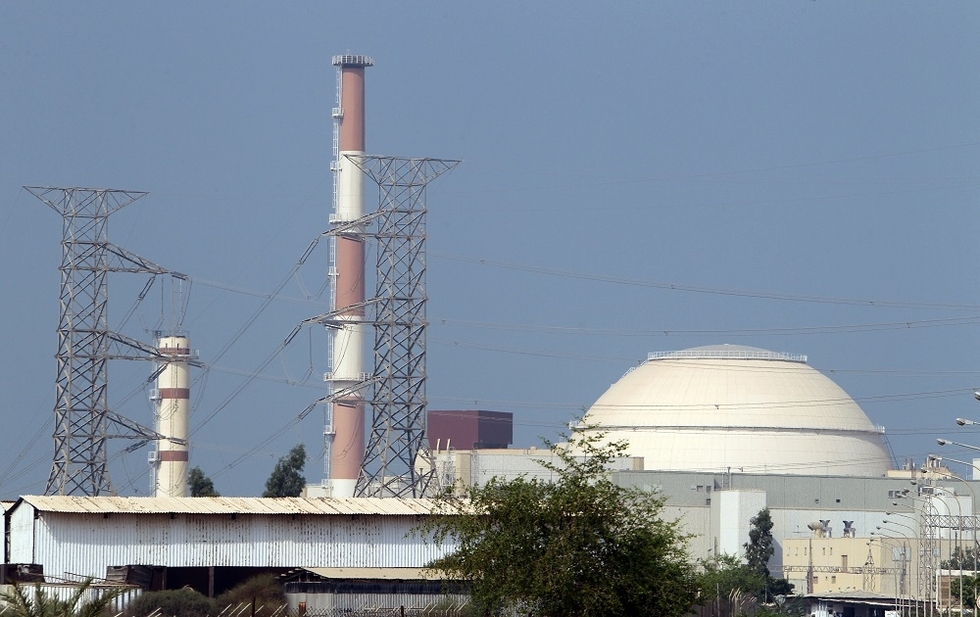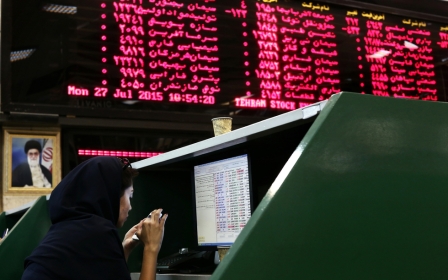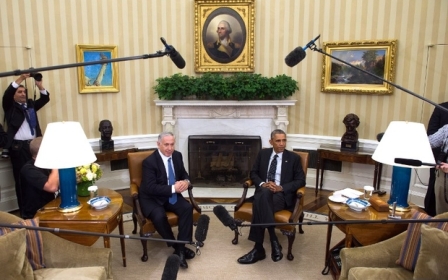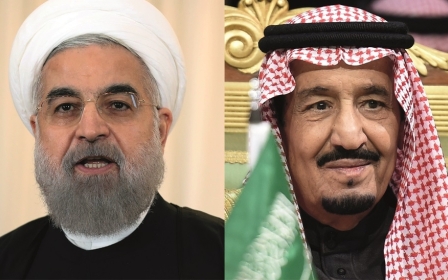Iran ships uranium to Russia under nuclear deal

By Dave Clark
Iran sent a major shipment of low-enriched uranium materials to Russia on Monday, a key step in Tehran's implementation of this year's historic nuclear accord with world powers.
The United States hailed the move, which Secretary of State John Kerry said marked "significant progress" in Tehran's fulfillment of a deal to stop it developing nuclear weapons.
The Russian foreign ministry confirmed the report after Ali Akbar Salehi, head of Iran's Atomic Energy Organisation, told the ISNA news agency: "The fuel exchange process has taken place."
According to ISNA's report, Iran had sent 8.5 tonnes of low-enriched nuclear material to Russia and received "around 140 tons of natural uranium in return".
Washington described the shipment as 25,000 pounds of "low-enriched uranium materials".
This, in Kerry's words, represents "all of Iran's nuclear material enriched to 20 percent that was not already in the form of fabricated fuel plates for the Tehran Research Reactor."
Under the deal struck in July in Vienna between Iran and the P5+1 group of world powers, Tehran agreed to cut its low-enriched uranium stockpile to less than 300 kilograms (660 pounds).
This would mean that it would not have enough fuel on hand to rapidly enrich enough to the levels needed to build a nuclear weapon - lengthening its so-called "breakout time" to more than a year.
Kerry said that Iran's shipment to Russia had already tripled the amount of time it would take to produce enough fuel for a bomb from two or three months up to six or nine.
And he dubbed it "a significant step toward Iran meeting its commitment to have no more than 300 kilograms of low-enriched uranium by Implementation Day".
This "Implementation Day," which could come as early as next month, will come after UN nuclear watchdog the International Atomic Energy Agency (IAEA), rules that Tehran has complied with its obligations.
The IAEA had no immediate comment on Monday's shipment.
After Iran's compliance has been verified, the United States and its allies will begin to dismantle the sanctions imposed on Tehran in response to its nuclear programme.
Weapons research
Iran has long insisted it had no intention of building a nuclear bomb, and a recent IAEA report found that it had conducted no weapons research since 2009.
But Tehran's past interest in developing such a weapon and its growing stockpile of enriched uranium stirred fears it could disturb the power balance in the Middle East and trigger a regional nuclear arms race.
Washington reiterated that Tehran still has other tasks to perform, including removing and permanently destroying the core of its Arak nuclear reactor, which could have produced weapons-grade plutonium.
The IAEA will be given greater access to Iranian facilities for its inspectors, and will install seals and monitoring devices to ensure there is no backsliding.
Kerry promised that the United States would repeal its nuclear-related sanctions once implementation day arrives.
But he warned "we will remain vigilant to ensure that its implementation achieves exactly what we set out to do from the very beginning of these negotiations, to ensure that Iran's nuclear programme is and always remains exclusively for peaceful purposes".
Kerry also thanked Kazakhstan for its help in supplying Iran with the non-enriched uranium it received in exchange for surrendering its stockpile, and Norway, which helped manage and fund the operation to conduct the transfer.
Middle East Eye propose une couverture et une analyse indépendantes et incomparables du Moyen-Orient, de l’Afrique du Nord et d’autres régions du monde. Pour en savoir plus sur la reprise de ce contenu et les frais qui s’appliquent, veuillez remplir ce formulaire [en anglais]. Pour en savoir plus sur MEE, cliquez ici [en anglais].




